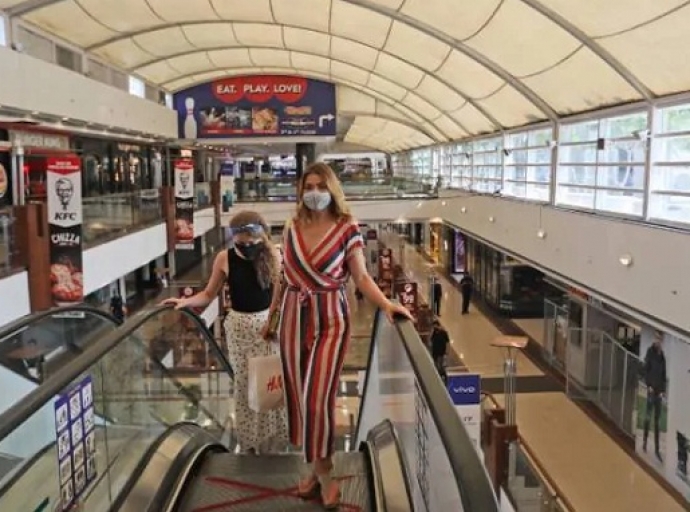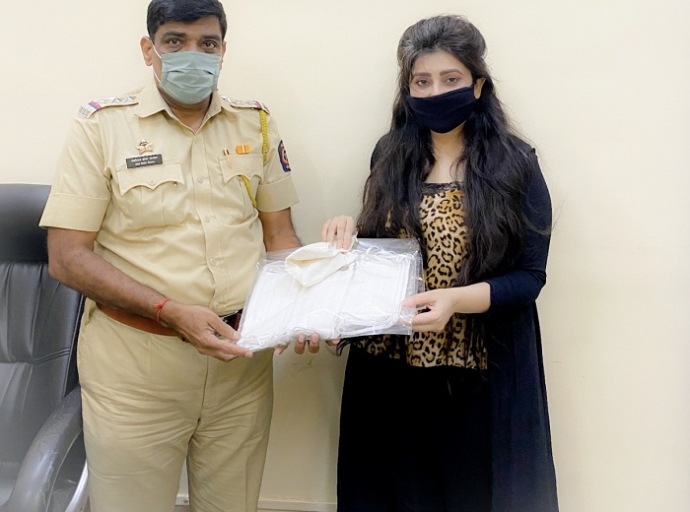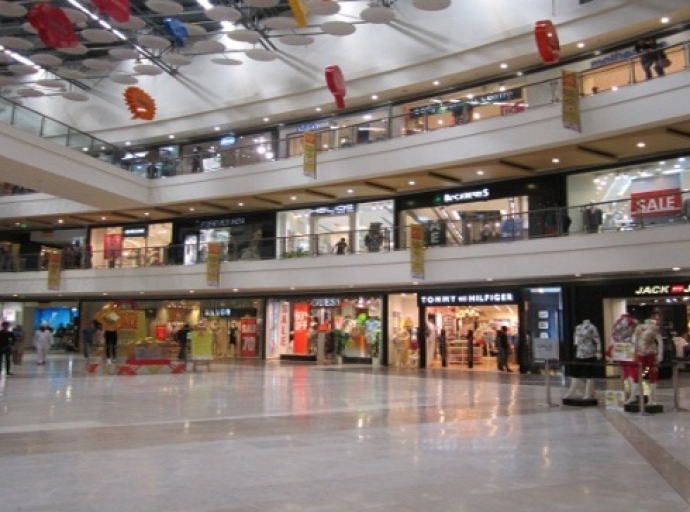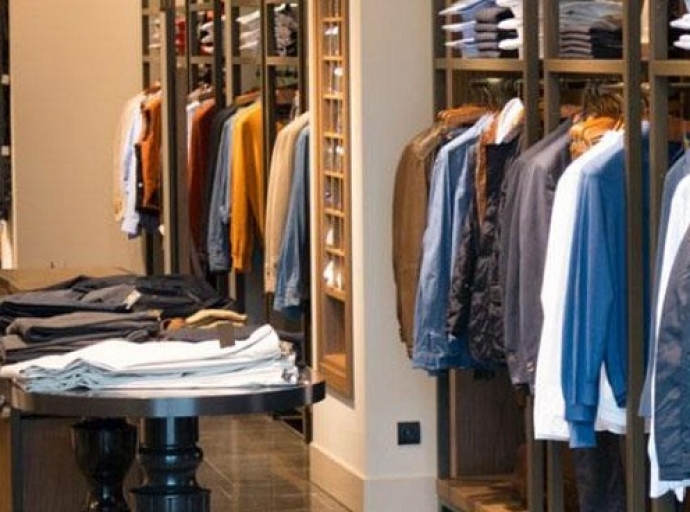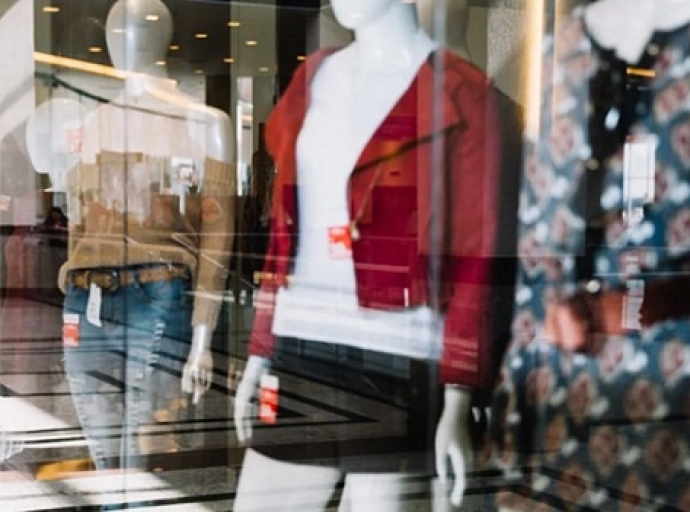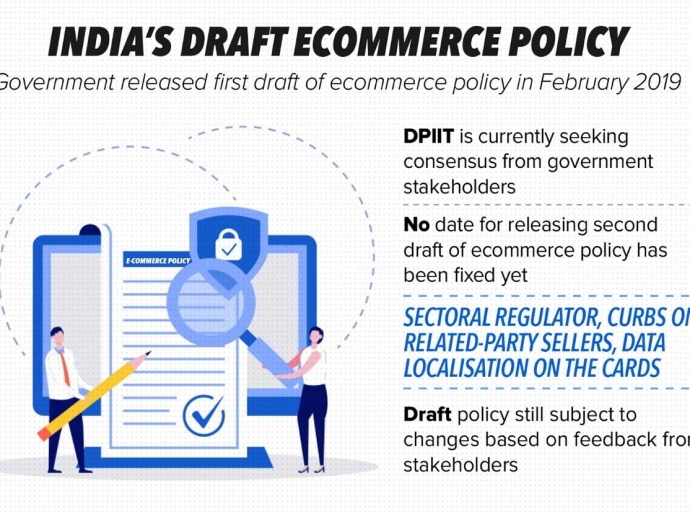The government has notified new rules for e-commerce companies, including mandatory display of 'country of origin' on their products, and said any non-compliance will attract penal action.
The 'Consumer Protection (E-Commerce) Rules, 2020' will be applicable to all electronic retailers (e-tailers) registered in India or abroad but offering goods and services to Indian consumers.
According to the new rules, the e-commerce players will have to display the total price of goods and services offered for sale along with a break-up of other charges.
They are also required to mention the 'expiry date' of goods offered for sale and the 'country of origin' of goods and services that are necessary for enabling the consumer to make an informed decision at the pre-purchase stage.
Under the rules, e-commerce players have to display details about return, refund, exchange, warranty and guarantee, delivery and shipment, and any other information that may be required by consumers to make informed decisions.
Sellers offering goods and services through a marketplace e-commerce entity will have to provide the above details to the e-commerce entity to be displayed on its platform or website.
Under the new rules, e-commerce entities should not impose "cancellation charges" on consumers cancelling orders after confirmation unless sellers are ready to pay similar charges in case cancellation of orders are from their side.
Further, e-commerce entities will have to provide information on available payment methods, the security of those payment methods, any fees or charges payable by users, and the contact information, among other details, of the relevant payment service provider.


